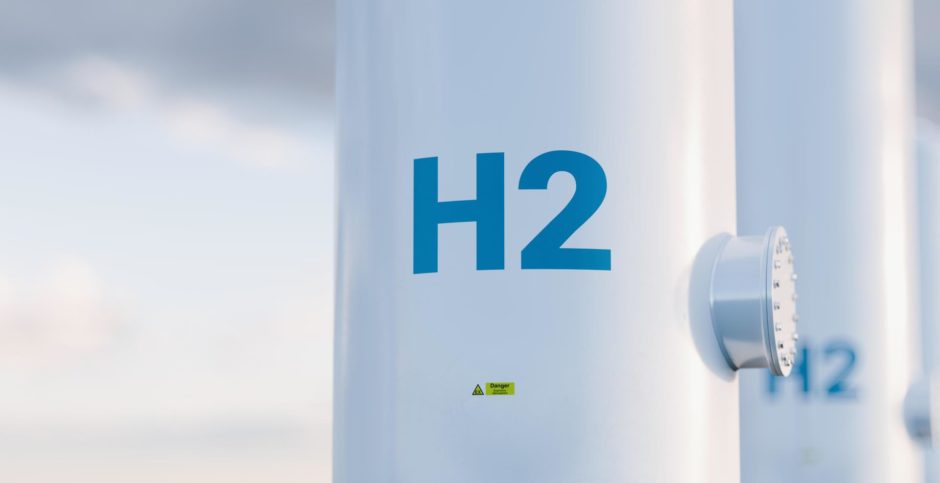
Hydrogen produced from renewable sources is expected to be the key component needed to decarbonise the final 20% of global energy consumption.
However, without sufficient government support the industry is unlikely to scale sufficiently and costs won’t reduce to a point where subsidies are no longer necessary, a new report has revealed.
Research by advisory body Edison Group explores hydrogen’s role in limiting global warming to 1.5°C.
It claims that the use of the superfuel will be greatest in “hard-to-reach” sectors as its high energy-to-mass ratio makes it ideal to replace coal and gas.
That includes steel making, heating, heavy-duty freight transport, maritime and aviation applications.
However, the report claims hydrogen is less likely to be used in the mass car market, despite it being an area in which it has already made significant stride.
And even in the most promising industries, Edison warns that success is not yet guaranteed.
The report, which is entitled the ‘Hydrogen Economy – Decarbonising the Final 20%’, argues that, despite the falling cost of green hydrogen, many potentially viable parts of the market will not reach self-sufficiency unless governments provide investment and implement policies that explicitly encourage its adoption.
Without support, it’s expected market growth would stall and some companies might fail to live up to investors’ current expectations, while others could fail entirely.
Hydrogen’s history of “false dawns” could also have an impact on its uptake.
The report identifies three key opportunities where lack of government support should have less impact:
- Applications such as materials handling and heavy duty transport where fuel cells are a better fit than batteries
- Applications and fuel cell technologies that don’t rely on widespread availability of pure hydrogen
- Applications such as steelmaking where hydrogen is used as a chemical reagent rather than just an energy source.
Based on these selection criteria, Edison concludes that Ballard Power Systems, Ceres Power, ITM Power, NEL Hydrogen, McPhy, and Plug Power appear particularly well positioned to make the most of the opportunites presented by hydrogen.
Neil Shah, Director of Research at Edison, said: “It is difficult to imagine net zero being achieved without significant growth in green hydrogen.
“Yet governments must lead from the front through prolonged investment and the right policy frameworks, and this level of support will go a long way to dictating how the next decade will look from an investor viewpoint.
“Of course, hydrogen shares have been buoyant this year and all eyes will be on whether 2021 can sustain these levels, but we think this report identifies some of the key areas where setbacks will be less likely.”
Recommended for you

